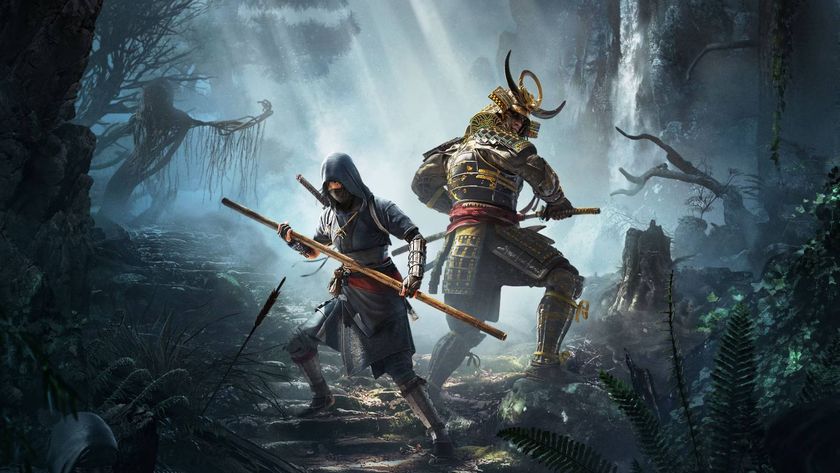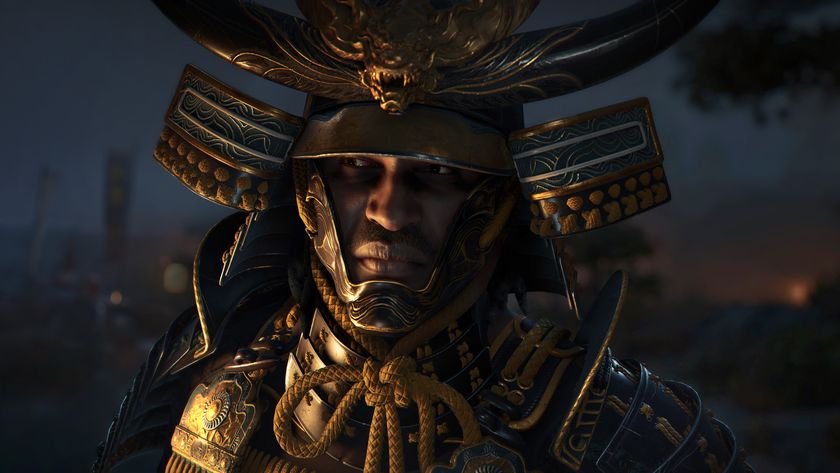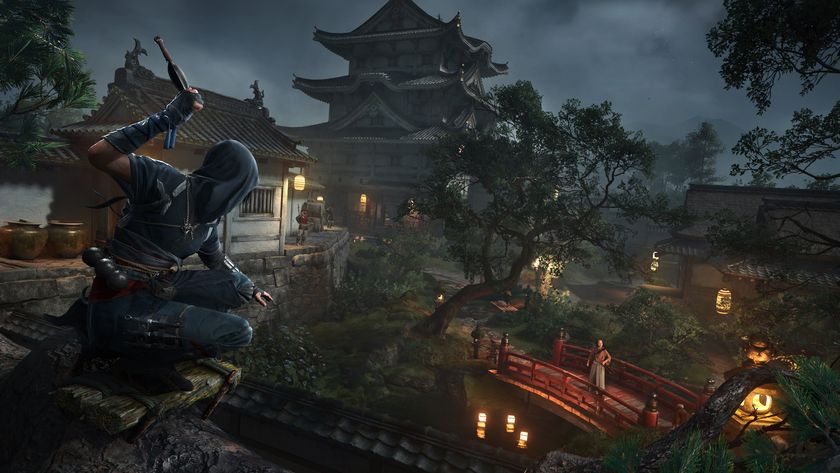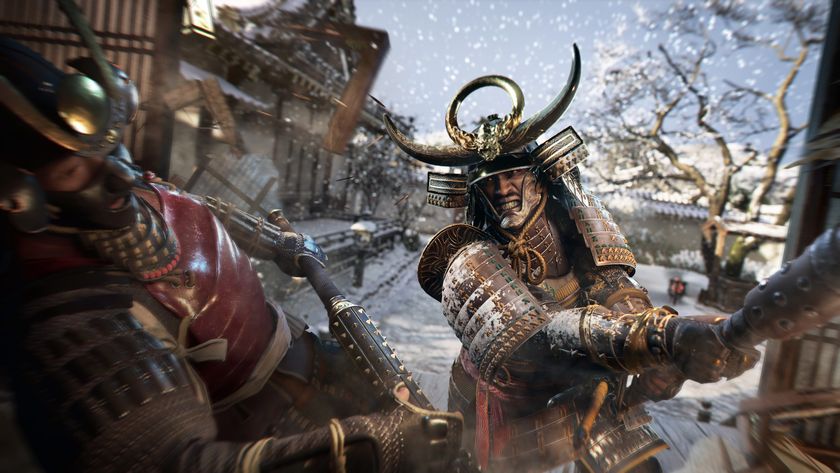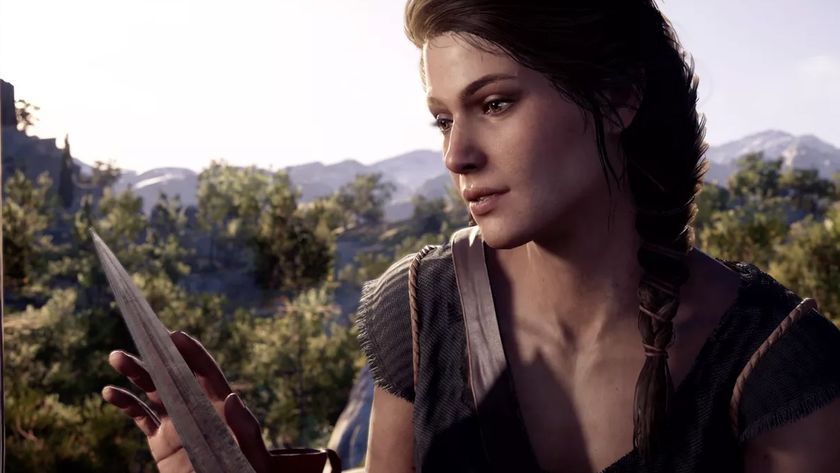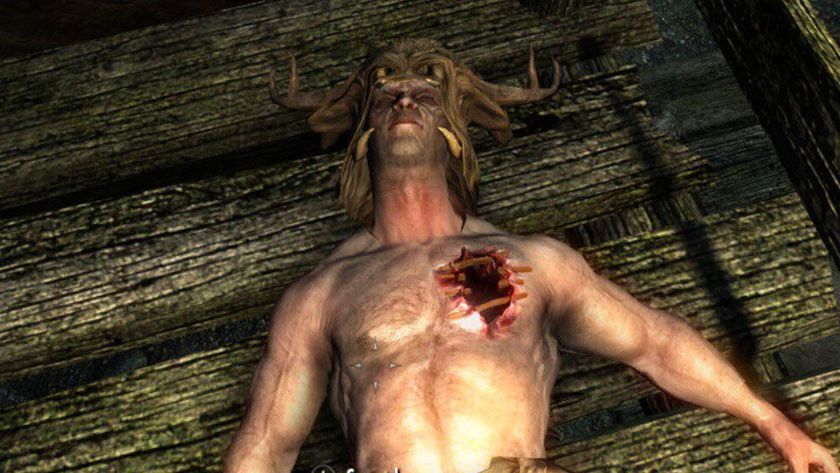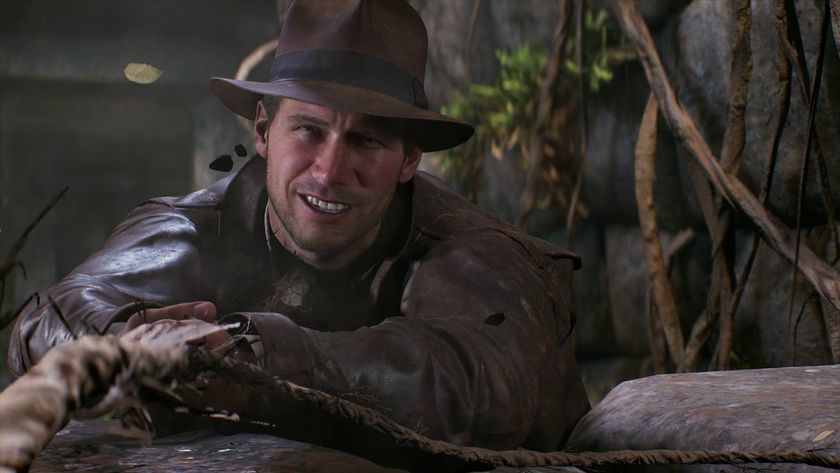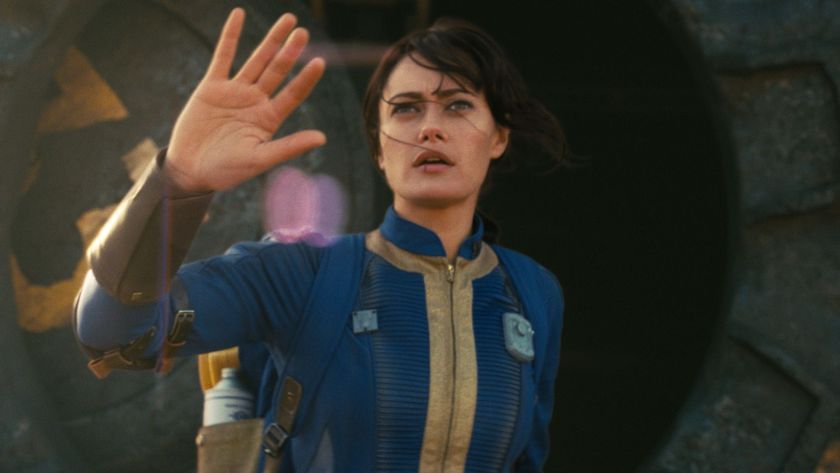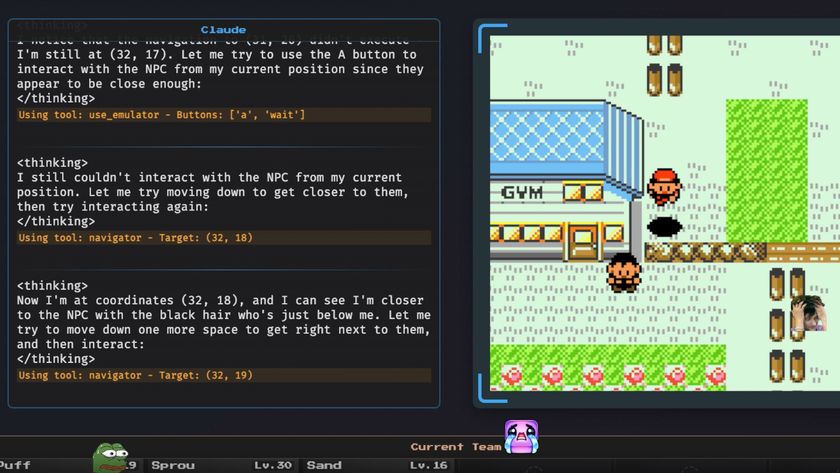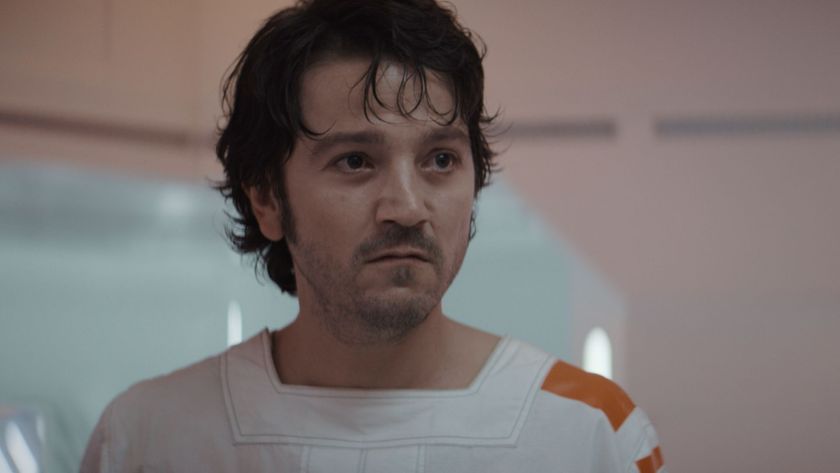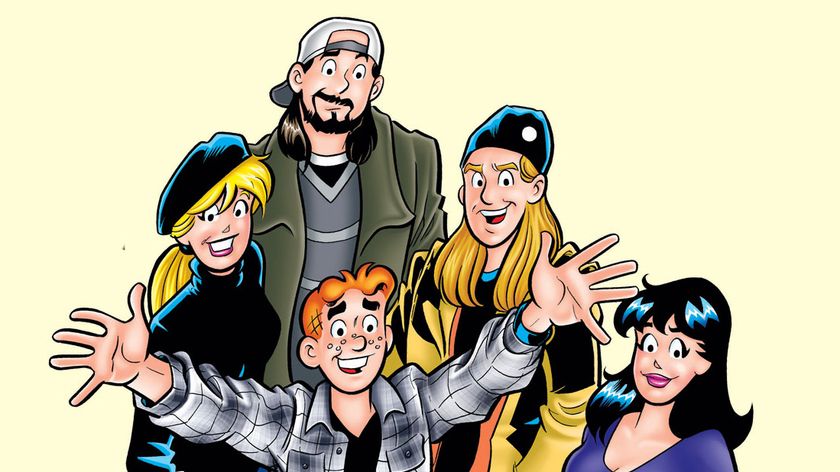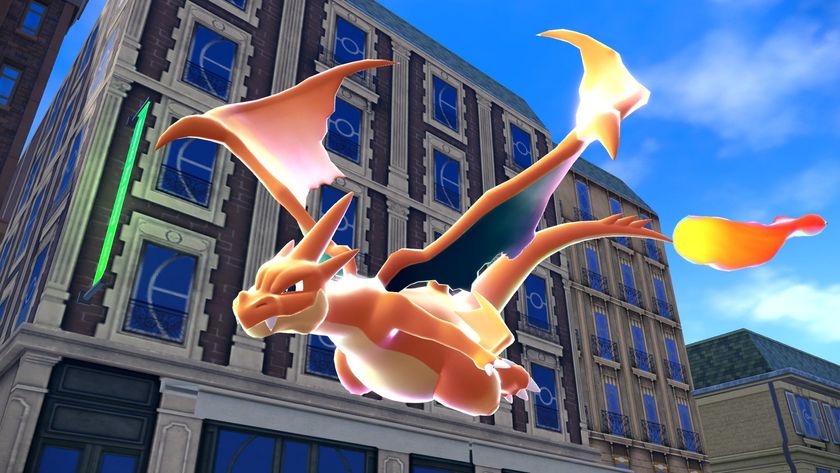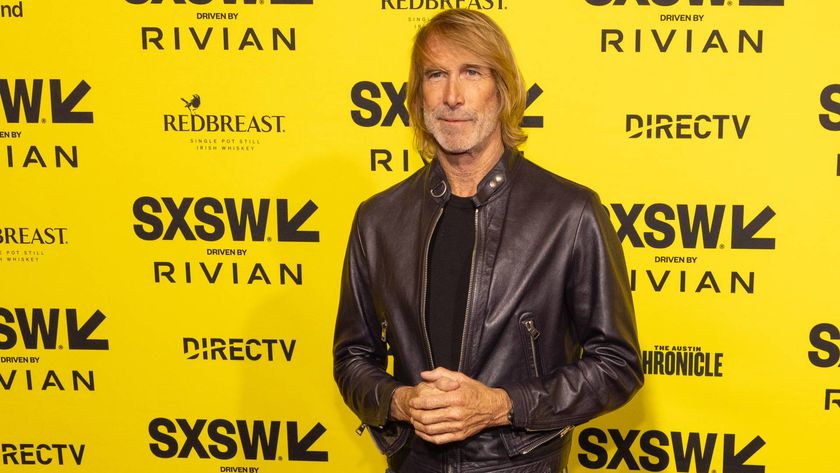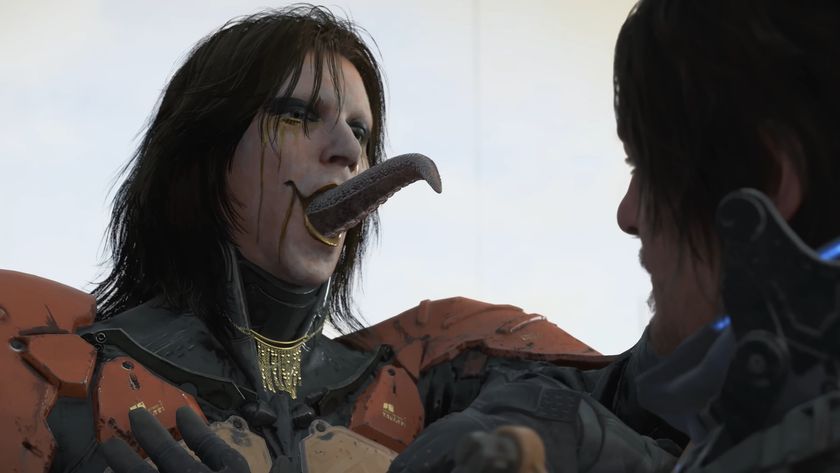Successful game franchises are doomed to be run into the ground
Say, old Buttercup had been a reliable race stallion through the years. He had his uses, he was always there when you needed him, and he probably made you a good amount of money at the track. But with success comes pressure, and the good times can't last forever. When your stallion starts to slow down, trip up, and stop winning as many races, you don't keep sending him in to underperform and disappoint. It's just that time to send old Buttercup to retire in that big glue factory in the sky, then saddle up a new colt. But that doesn't seem to be the developer/publisher's mentality for many of today's long-standing franchises. Instead, a successful game series is just doomed to be run into the ground, then beaten to death with a stick until money stops coming out.

In an interview with Edge Magazine, Darby McDevitt, the lead writer on Assassin's Creed Revelations and Black Flag, said that the Assassin's Creed series doesn't have an overall ending planned. "Because all of history is open to us we see the universe as a Doctor Who type thing," said McDevitt. "There are so many possibilities we don't want to definitively end the universe, but we can have storylines that have endings." Essentially, that means that as long as there is a moment in history Ubisoft can use as the basis for another game, there will be another Assassin's Creed.
I'm not saying AC is on its last legs; I actually thought ACIV was one of the best games in the series. The Assassin's Creed series (or any game franchise) having a long life isn't a bad thing, but when a developer's plan for a story is just to let it go on as long as it possibly can, that brings up concerns about the quality of that series' future plotlines. As long as the developers can create meaningful stories within the universe, develop entertaining game mechanics, and maintain a high-quality production, hey, keep it going. But if a series won't ever end in a preconceived plotline, there seems to be only one result for that successful property: That cash cow will be milked dry until all gamers, fans, and developers have had it up to here (my neck) with anything franchise-related. After all, the end of a story is often one of the most memorable parts.

All good things must end eventually--so is it best to leave on a high note, when we still hold a series like AC in high regard? Historically with games, the answer has been, no. Developers have been sticking with their known franchises for decades now; just look at how many Mega Man, Mario, and Sonic the Hedgehog games there are. It isn't really a new thing to see half a dozen (or more) games come out of a single series. It's just a shame that some of these beloved franchises never get the conclusion they deserve. They'll just fizzle out when they can't pull the money cart up the profit hill.
With so many of the last decade's blockbuster franchises coming up on 10 or more games, with no signs of slowing, it seems like having an unending game series will be an all-too-common theme. The problem is that when developers are popping iterations out so fast, players get burnt out on them even faster (Call of Duty, anyone?). And with games being so story-heavy, at what point do the plots just become utter nonsense (Kingdom Hearts being a prime example). So, the question becomes: When is the right time to end a dynasty? When the time comes, will developers give their games the send off they deserve?
Sign up to the 12DOVE Newsletter
Weekly digests, tales from the communities you love, and more
Many years ago, Lorenzo Veloria was a Senior Editor here at 12DOVE helping to shape content strategy. Since then, Lorenzo has shifted his attention to Future Plc's broader video game portfolio, working as a Senior Brand Marketing Manager to oversee the development of advertising pitches and marketing strategies for the department. He might not have all that much time to write about games anymore, but he's still focused on making sure the latest and greatest end up in front of your eyes one way or another.
